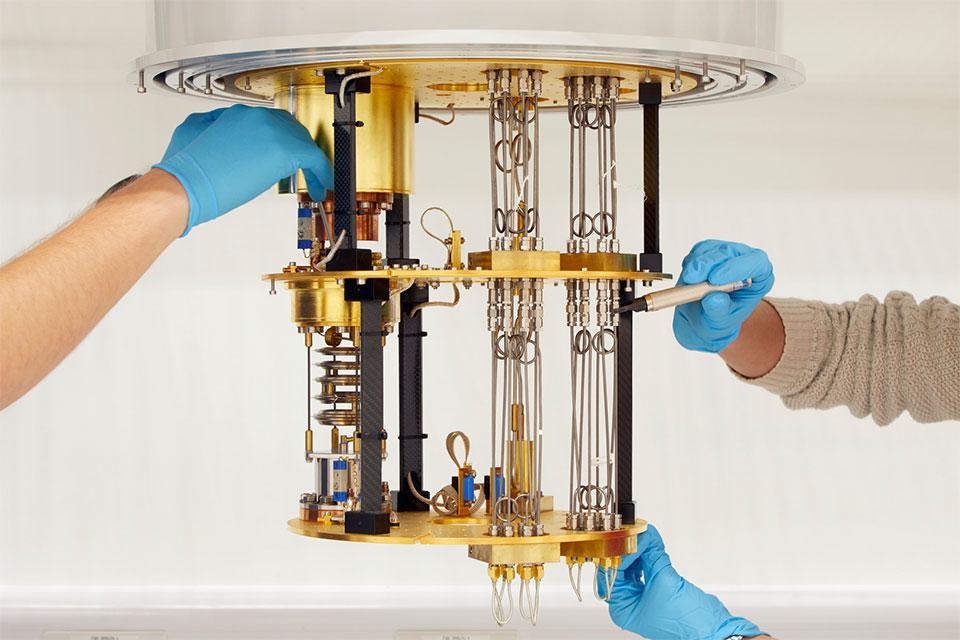Martin Wood Complex, Department of Physics, University of Oxford, Parks Road, Oxford, OX1 3PU
Associate Professor,
School of Frontier Science,
The University of Tokyo
Abstract:
The assembly of molecules into highly symmetric and topological structures has been of importance particularly for molecular electronics. Because molecules are weakly bound by van der Waals interaction, assembling nanoscale molecules into highly periodic hierarchical structures can be controlled though near-room-temperature processes. Here, our precise engineering realized that wafer-size single crystals composed of an organic semiconductor layer can be successfully formed via a simple one-shot solution process. Thanks to the highly periodic electrostatic potential-despite the weak van der Waals bonds, coherent band-like charge transport can be verified unambiguously by probing charge and spin dynamics particularly in single crystalline organic semiconductors. An excellent mobility up to 20 cm2V-1s-1 results in high-speed transistor operation of 20 MHz. Self-assembly in molecules could become one of the most indispensable technology in molecular electronics, constituting a key step towards replacing silicon-based devices for logic and sensing applications.
Not only small molecules, but also polymers can form the highly-ordered lamellar microstructure. Conducting polymers, which are an admixture of conjugated polymer and dopant, are one of the most important building blocks not only in organic electronic devices, but also in functional coatings. Chemical doping of polymeric semiconductors inevitably involves the transfer of an integer number of electrons between the host conjugated polymer and the guest dopant, representing a host-guest binary system. Even though there has been rapid progress in materials science research, the efficiency of chemical doping remains limited primarily by the electrochemical redox potential. However, no previous studies over the last half-century have succeeded in overcoming this limitation. In contrast, we present a ground-breaking strategy to break the redox potential limitations, termed anion exchange doping. Our method utilizes ionic interactions as a new driving force for chemical doping, and allows an anion exchange efficiency close to 100% and an increase in doping levels up to almost one hole per monomer unit. Our discovery represents not only a distinct paradigm shift with respect to the production of doped conducting polymers, but also significant potential to allow the fabrication of advanced electronics where both electrons and ions involve cooperatively (that is, the field of iontronics). The remarkably high doping level and enhanced conductivity obtained from this new technique could improve our understanding of the electronic states in polymeric semiconductors, and possibly allow electronic phase transitions such as insulator-metal transitions.
About The Sir Martin Wood Prize:
Dr Watanabe was awarded the Sir Martin Wood Prize at the Millennium Science Forum which took place in November 2022. The Millennium Science Forum was established in 1998 to promote scientific exchange between Britain and Japan and recognize the work of outstanding young Japanese researchers. The prize is named after Sir Martin Wood, founder of Oxford Instruments.

